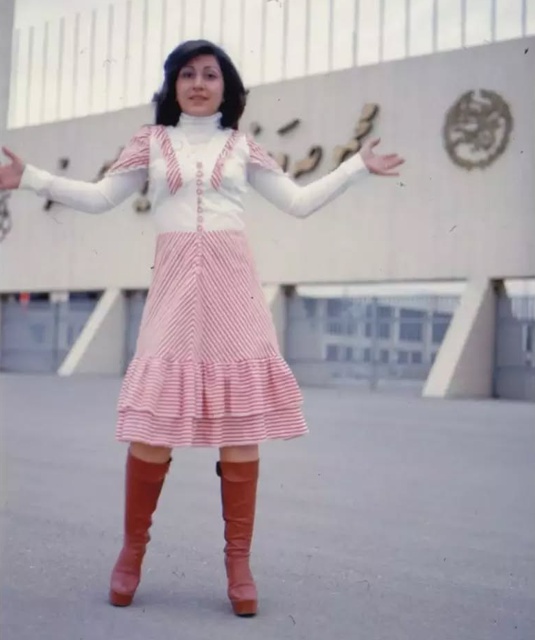Leila didn’t just survive in this new environment; she thrived. She recorded her first post-revolution albums, blending the nostalgia of melodies with modern pop rhythms that appealed to diaspora audiences. Her music carried the emotions of displacement — longing for homeland, remembering lost times, and celebrating cultural pride. Songs like Gol-e Sangam and Bahar Bahar became staples in households worldwide. Her concerts were not just musical events — they were emotional gatherings, where thousands of people sang along, cried, danced, and remembered who they were.
Leila Forouhar’s singing style is marked by emotional expressiveness, clarity, and control. She can move effortlessly from soulful ballads to energetic dance tracks, a versatility that few can match. Her voice carries the refined discipline of classical Persian vocal training, combined with the showmanship of Western pop. This duality reflects her identity — deeply, yet universal. One of her trademarks is the ability to infuse even upbeat songs with emotional sincerity. Whether she sings about love, freedom, or nostalgia, there’s always a sense of heartfelt authenticity.


